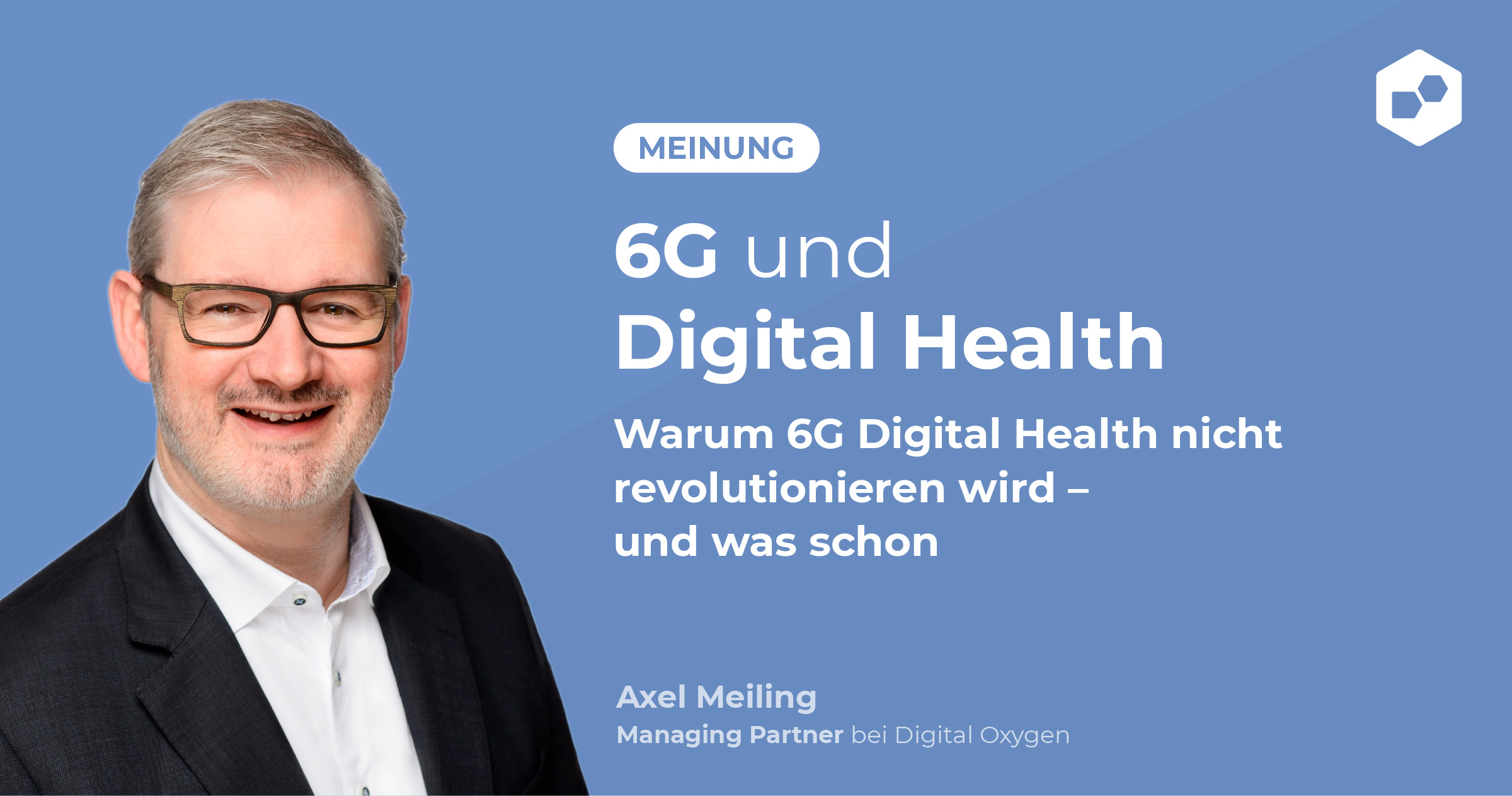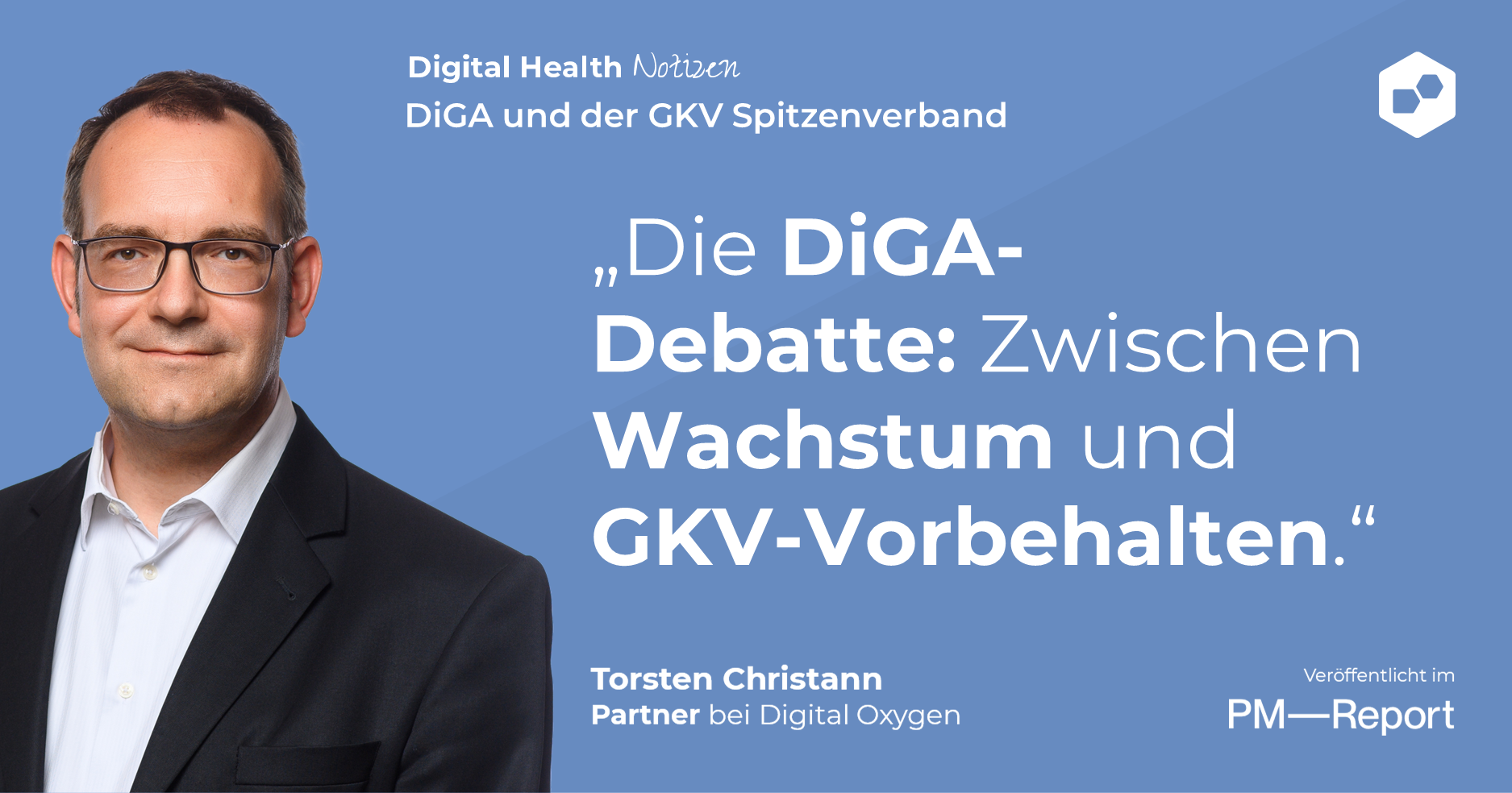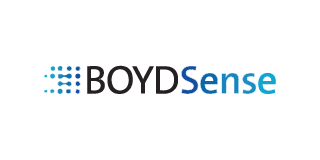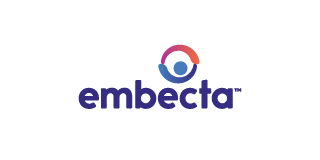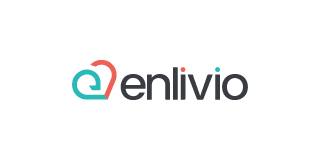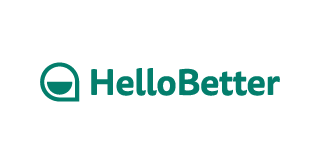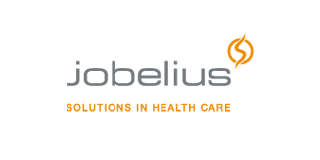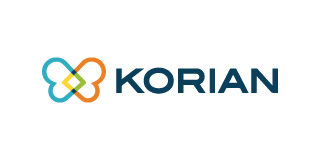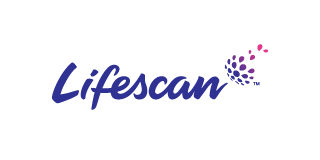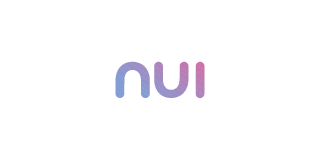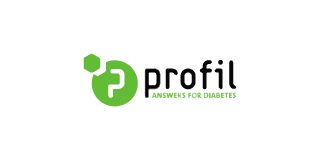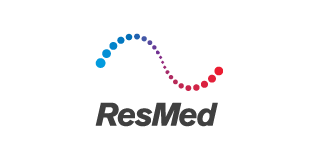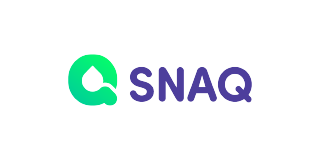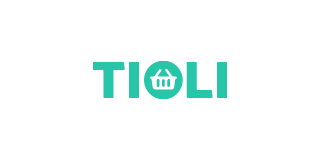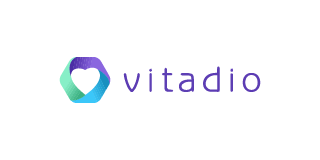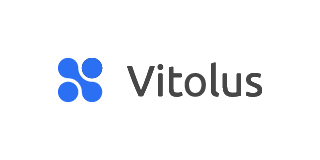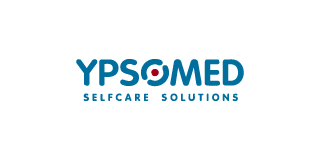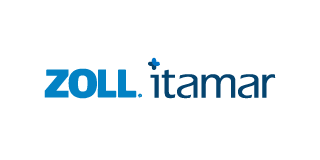6G and Digital Health:
Why 6G Will Not Revolutionize Digital Health – and What Will
A recent article by Handelsblatt (paid content) describes a research project by the German Federal Ministry of Education and Research. The project goal is to identify benefits of 6G for healthcare systems, especially taking into account that:
- 6G will be faster than 5G.
- 6G will have lower latency than 5G.
- 6G will be a very good fit for connecting sensors for vital data.
- 6G will be great for augmented reality.
- 6G will be a good fit for telemedicine.
- 6G will help to achieve significantly better battery life than 5G.
Let’s do a bit of fusion criticism here and look at these hopes both from a telco and a healthcare perspective.
The Telco Perspective
If you follow the telco world, the above claims will sound very familiar: Just replace “6G” with “5G” and there is your deja vue. So the first question is:
Why is not even the potential of 5G used today?
- There is no willingness-to-pay: While operators might have hoped that people and businesses would pay extra for features like low-latency, the hard and obvious reality is: No, they don’t.
- 5G is still very patchy: If you rely on 5G for a product or service, it needs to be everywhere where your users and connected devices are. As 5G availability is still very patchy, mostly local-to-national but definitely no truly global applications are doable.
- It’s all about the implementation: It’s nice that 5G can theoretically provide 10 years of battery life – but the problem are fragmented and very different implementations by mobile network operators so that device manufacturers are struggling to get even close to this mark.
None of these issues will automatically change with 6G.
The Healthcare Perspective
Let’s be more healthcare-specific now:
Why don’t we see a broader application of all the use cases that already 5G and now 6G should enable for digital health – from sensors to remote data monitoring, telemedicine, and remote surgery?
- Healthcare Digitalization is stuck: Especially the German healthcare system is struggling to catch up with today’s digitalization needs. Prime examples are the electronic patient records or e-prescriptions. Again: The available technology is not the problem here – just as a brick is not the problem if you don’t have a plan what you want to build.
- There are no incentives for HCPs: Why should there be a demand e.g. for remote monitoring of patients and their data, like in telemedicine, if doctors are only partly reimbursed for using such systems?
- Nobody wants to go to jail: Healthcare professionals and hospitals are in a legal grey zone if their patients share healthcare and vital data with them. They have to navigate a maze of federal data protection legislation, making it painful for nationwide healthcare providers and also their equipment vendors to implement or provide standardized systems and solutions.
So what’s the gist here?
- 6G will not revolutionize healthcare, because mobile connectivity is not what blocks digital health.
- There is currently no demand for even faster, even lower-latency, even more secure connectivity, in general and in healthcare, 5G would be fine, for some cases even 4G.
- The real blockers we have to work on are a clear regulation, fair and revamped reimbursement and a serious approach and commitment to digitalization in our healthcare systems from all stakeholders.
Anfrage senden
Ihr Ansprechpartner
Axel Meiling
Managing Partner
